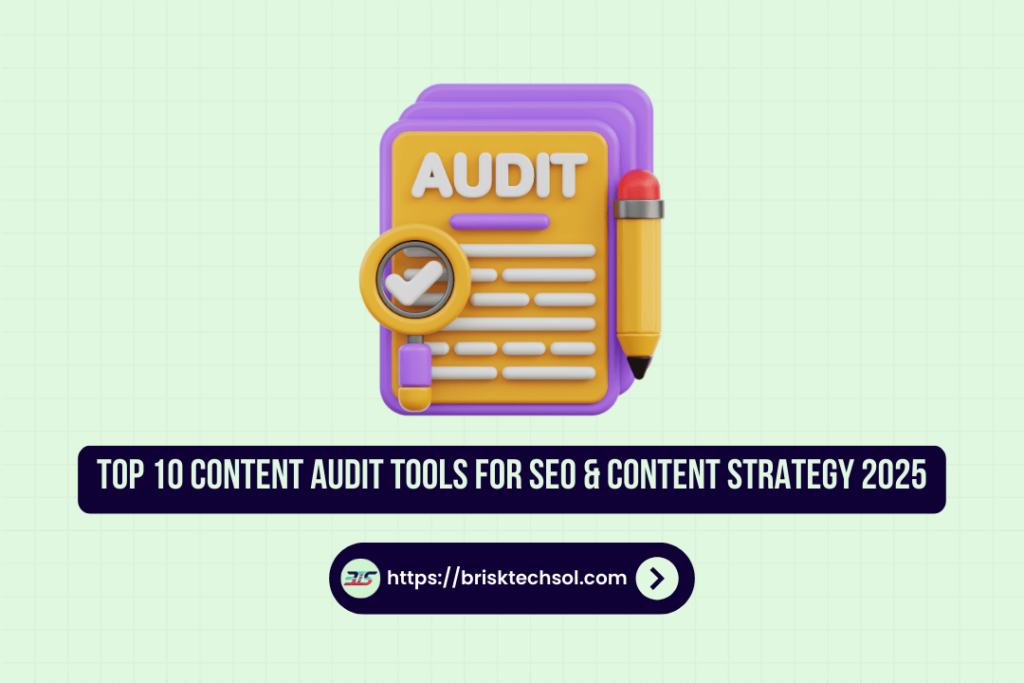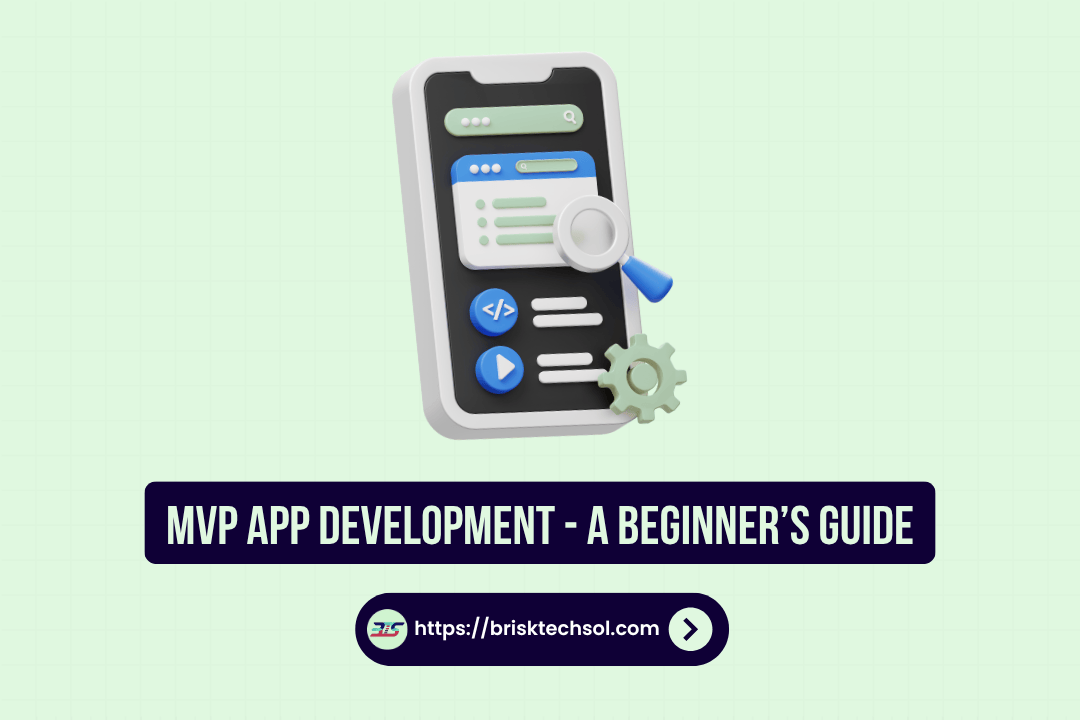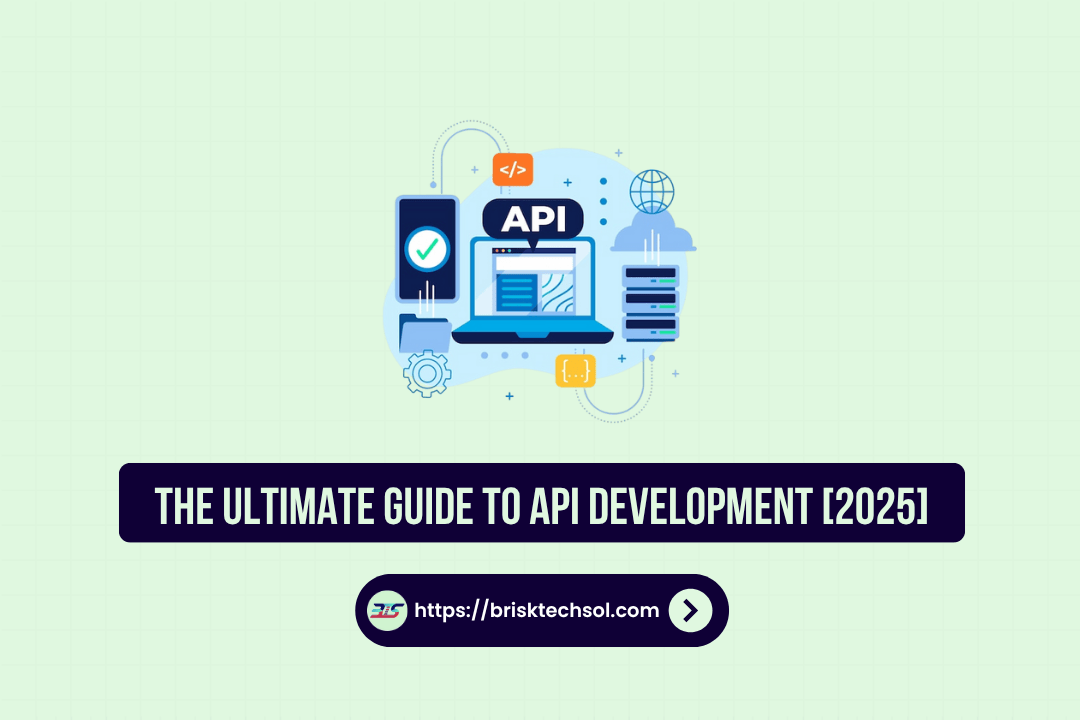Whether you’re an experienced SEO expert or just starting out in content strategy, using the right content audit tools is key for driving traffic, boosting user engagement, and improving your search rankings. In this guide, we’ll look at the Top 10 Content Audit Tools for SEO & Content Strategy 2025 that can help you get the best out of your content.
Why Content Audits Matter for Your SEO & Content Strategy
Content audits go beyond a simple check-up. They are a complete review of your existing content that helps you spot gaps, overlaps, and ways to improve. Here’s why regular content audits should be part of your plan:
- Better User Experience: By spotting outdated or underperforming content, you can give your visitors fresh, useful, and engaging information.
- Improved SEO Results: Regular audits help you find areas where you can improve keyword use, boosting your chances of ranking higher in search results.
- Data-Driven Decisions: Knowing which content works best can help guide your future content plans.
- Content Refreshing: Identify timeless content that can be updated or turned into other formats like videos, infographics, or podcasts.
For 2025, doing these audits is more important than ever as search engine algorithms get smarter and online competition grows.
Key Features to Look For in a Content Audit Tool
Before we dive into our top 10 list, it’s useful to know what makes a content audit tool stand out:
- Ease of Use: A simple interface that makes the audit process straightforward.
- Complete Data Analysis: Ability to measure metrics like page views, bounce rate, engagement, keyword rankings, and backlinks.
- Integration Options: Easy links with other tools like Google Analytics, Search Console, and social media platforms.
- Customization: Flexibility to set your own parameters and filter data to fit your needs.
- Automation: Features that handle routine tasks and create clear reports.
- Practical Insights: Clear suggestions and steps you can take based on the audit results.
With this in mind, let’s explore our top 10 content audit tools for SEO and content strategy in 2025.
1. SEMrush Content Audit Tool
Overview:
SEMrush is a well-known name in the SEO world, and its content audit tool is designed to make your content strategy simpler. It reviews your website, checks your content’s performance, and offers clear recommendations.
Key Features:
- Detailed metrics on content performance, including traffic, engagement, and social shares.
- In-depth SEO checks with tips for on-page improvements.
- Works well with SEMrush’s other tools for a complete view of your digital presence.
Pros:
- Strong analytics and competitive insights.
- Regular updates to match search engine changes.
- Customizable reporting options.
Cons:
- Can be overwhelming for beginners because of the large amount of data.
- Higher pricing compared to some other tools.
2. Ahrefs Content Explorer
Overview:
Ahrefs is famous for its backlink analysis, but its Content Explorer tool is also very effective for content audits. It lets you filter content by performance metrics and compare it with your competitors.
Key Features:
- Filters to find top-performing content based on shares, organic traffic, and backlinks.
- Analysis of keyword difficulty for better content improvement.
- Detailed competitor review to see what works well in your industry.
Pros:
- Large database for competitive insights.
- Easy-to-use interface.
- Great for spotting content trends.
Cons:
- Limited to content that already has a lot of attention.
- Might need extra tools for a complete audit view.
3. Screaming Frog SEO Spider
Overview:
Screaming Frog’s SEO Spider is a desktop program that scans your website’s links, images, CSS, scripts, and more to check SEO performance. It works well for finding technical issues that could hurt your content’s visibility.
Key Features:
- Complete site scanning and error reporting.
- Analysis of page titles, meta descriptions, and header tags.
- Custom extraction to gather data that fits your audit needs.
Pros:
- Great for technical SEO checks.
- Highly customizable and scalable.
- Affordable pricing options.
Cons:
- Steeper learning curve for new users.
- Being a desktop tool might not be as convenient for remote teams.
4. Moz Content Audit Tool
Overview:
Moz is another big name in SEO, offering a suite of tools that includes a content audit feature. This tool helps you find pages that need improvement.
Key Features:
- Works with Moz’s keyword and link research tools.
- Provides a “Page Optimization Score” to help you decide what to update.
- Tracks content performance over time with past data.
Pros:
- User-friendly interface that’s great for beginners.
- Clear insights that help shape your content strategy.
- Reliable and supported by a strong community.
Cons:
- May not give as deep a technical analysis as some competitors.
- Reports can take a little longer to generate.
5. Google Analytics & Search Console
Overview:
Although not a dedicated content audit tool, Google Analytics and Search Console are essential for any SEO expert. They offer important data on how your content performs in search engines and how users interact with it.
Key Features:
- Detailed traffic analysis, including bounce rate, session duration, and conversion metrics.
- Search Console provides insights on search queries, indexing issues, and mobile usability.
- Free and widely available.
Pros:
- Complete data directly from Google.
- Free to use with regular updates.
- Essential for tracking organic search performance.
Cons:
- Data requires manual analysis and interpretation.
- Limited in giving direct suggestions without extra analysis.
6. ContentKing
Overview:
ContentKing offers real-time SEO checks and monitoring, making sure your content stays in top shape every day. It constantly reviews your website for changes and issues.
Key Features:
- Real-time auditing and alert system.
- Tracks on-page SEO elements closely.
- Provides past data and change tracking to monitor progress.
Pros:
- Real-time updates keep your site SEO-friendly at all times.
- Simple interface with clear insights.
- Great for keeping an eye on your content’s health.
Cons:
- May send alerts for minor issues that don’t need immediate attention.
- Subscription pricing might be a challenge for smaller businesses.
7. Ryte
Overview:
Ryte is a strong tool that combines technical SEO, content performance, and user experience checks. It is especially good at reviewing the quality of your website’s content.
Key Features:
- Complete site analysis that covers both technical and content audits.
- Detailed reports on usability and SEO performance.
- Clear tips for improving content quality and layout.
Pros:
- A complete approach to site performance.
- Easy-to-read reports with simple recommendations.
- Great for finding both content and technical issues.
Cons:
- May need extra tools for deeper keyword analysis.
- The interface can be a bit tricky for first-time users.
8. Sitebulb
Overview:
Sitebulb is a desktop-based website crawler that shows data in visual formats. It provides clear graphs and charts of your site’s SEO health, making it easier to spot problem areas.
Key Features:
- Visual site audits with graphs and charts.
- Detailed reports on technical SEO issues.
- Customizable dashboards to track audit numbers.
Pros:
- Clear visuals make complex data easy to understand.
- Detailed reporting capabilities.
- Flexible and highly customizable.
Cons:
- As a desktop tool, it might not fit all workflows.
- Requires a one-time purchase or license renewal.
9. Surfer SEO
Overview:
Surfer SEO focuses on content optimization and on-page SEO. It offers data-driven tips and suggestions to ensure your content is fully ready for search engines.
Key Features:
- A content editor that provides real-time optimization tips.
- Competitor analysis to find content gaps.
- Analysis of keyword use and content scoring.
Pros:
- User-friendly interface designed for content creators.
- Real-time feedback and clear recommendations.
- Connects SEO theory with practical steps.
Cons:
- Best for on-page optimization rather than full technical checks.
- May need another tool for complete technical site reviews.
10. Clearscope
Overview:
Clearscope is an AI-powered tool that helps content creators produce high-quality, keyword-rich content. It’s great for fine-tuning your content strategy and making sure each piece follows search engine guidelines.
Key Features:
- Uses natural language processing (NLP) to review and suggest improvements.
- Offers detailed keyword recommendations based on competitor analysis.
- Provides a content grading system to check overall quality and SEO performance.
Pros:
- Advanced AI technology for in-depth content review.
- Helps optimize content for both search engines and readers.
- Easily connects with content management systems.
Cons:
- Mainly focuses on content quality and keyword use rather than full audits.
- May take some time to learn for users new to AI-powered tools.
Best Practices for Using Content Audit Tools
To get the most out of these tools, keep these tips in mind:
- Regular Audits: Plan content audits regularly (quarterly or twice a year) to keep your content current and useful.
- Use Multiple Tools: No single tool covers everything. Use a mix of tools to handle technical SEO, content performance, and keyword optimization.
- Set Clear Goals: Before starting an audit, decide what you want to achieve. Whether it’s more organic traffic or better engagement, clear goals help you track progress.
- Practical Insights: Focus on tools that not only point out problems but also offer clear next steps.
Team Collaboration: Make sure your content and SEO teams work together on the findings from audits. Use shared tools to keep track of progress and updates.
Conclusion
In 2025, a solid SEO and content strategy starts with regularly reviewing and improving your online content. The right content audit tools like SEMrush, Ahrefs, Sitebulb, and Clearscope help you spot opportunities, fix issues, and guide your strategy with clear data. Using these tools keeps your content fresh, engaging, and competitive
FAQs
What is a content audit and why is it important?
A content audit is a review of all the content on your website to see how well it performs, how it ranks in search engines, and how users interact with it. It helps you figure out what works, what needs fixing, and how you can update your content for better results.
How often should I perform a content audit?
This depends on the amount of content you have and your industry. A quarterly or biannual audit is usually a good start, though in competitive fields, monthly checks might be useful.
Do I need multiple tools for a complete audit?
Yes. Each tool has its strengths some are better at technical checks while others are great for reviewing content quality. Using a mix of tools like SEMrush, Ahrefs, and Google Analytics gives you a full picture.
Can these tools help with keyword research?
Yes. Tools like Ahrefs, SEMrush, and Clearscope offer strong keyword research features, helping you optimize your content and find new ideas.
What if I have a limited budget?
Many tools offer flexible pricing or even free features. Google Analytics and Search Console are free, while other tools often have trial versions or basic plans that work well for smaller businesses.
How do I choose the best tool for my business?
Think about what you need whether it’s detailed technical insights, real-time monitoring, or tips on content improvement. Compare tools based on their features, ease of use, integration options, and cost before making your choice.









